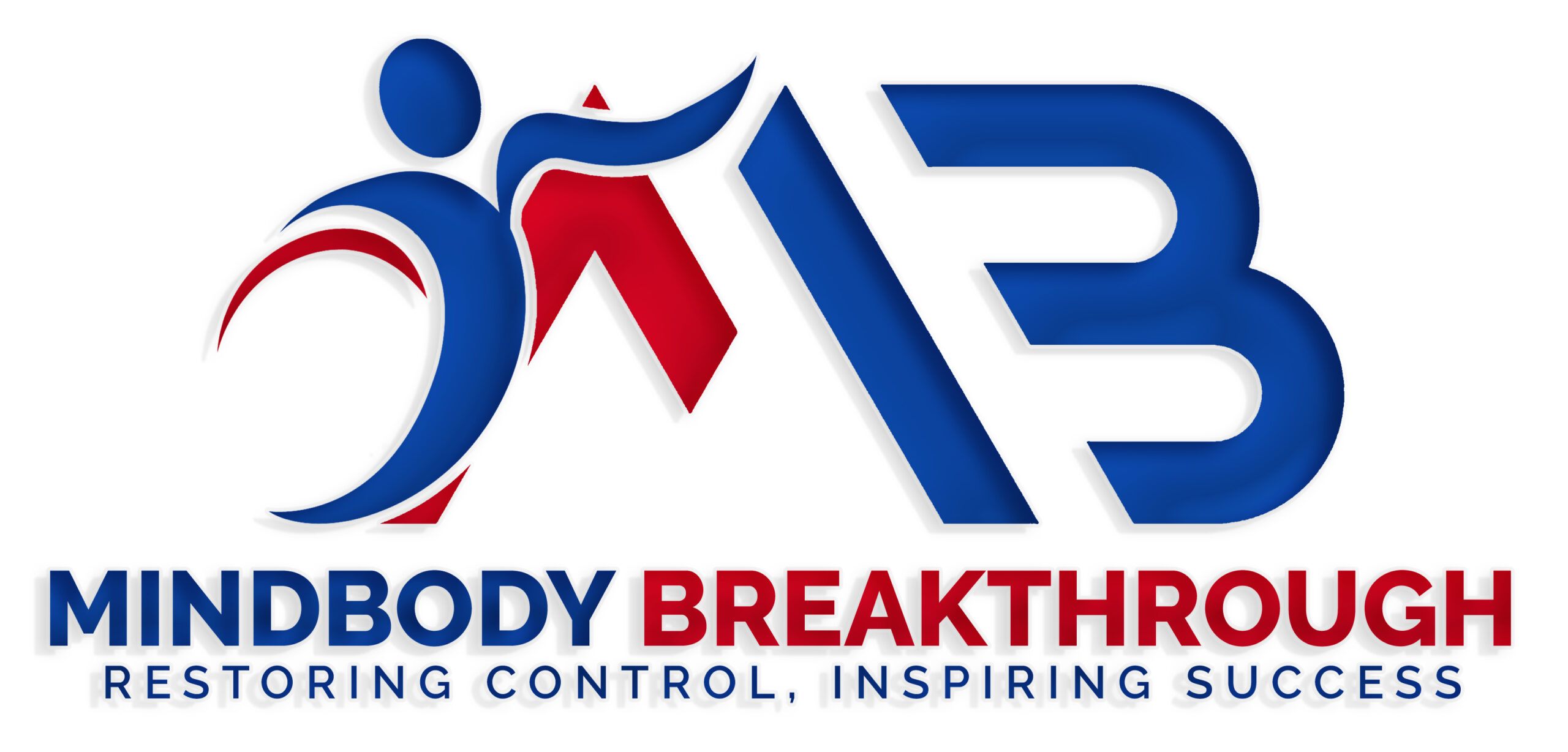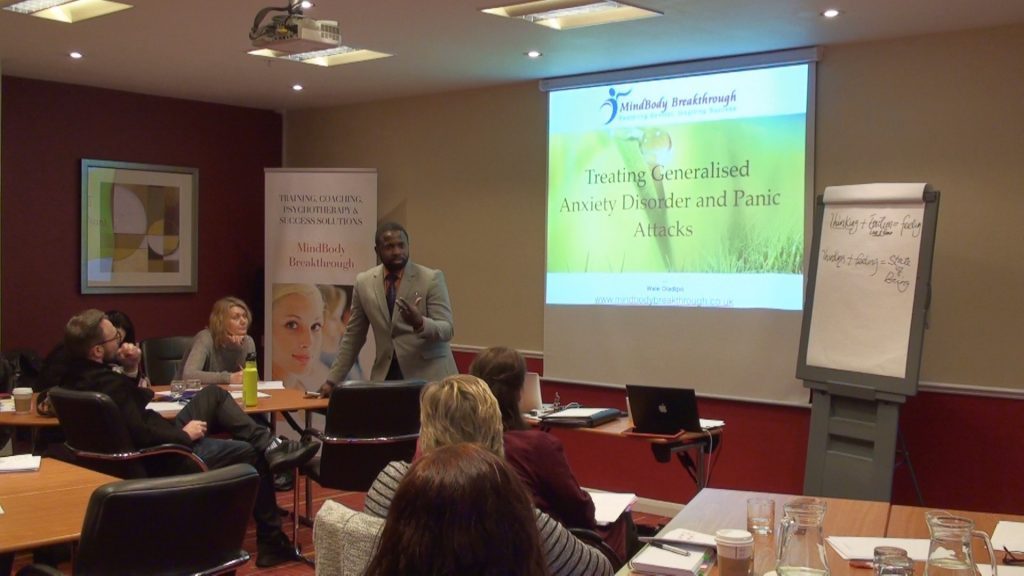I have thoroughly enjoyed the training and it has given me a lot of insight, both on a personal level and for my clinical practice. Wale has an amazing ability to present complex material in a way that is easy to understand and relatable to every day experiences. He adapts and responds very well to his audience’s questions and interests and is open about his own experiences, which I really appreciate. Many thanks! Andreea A.
I attended the workshop live on Tuesday and found it very informative. I had some knowledge of the triune brain but found it helpful to consolidate that learning. What was particularly helpful to me was the practical elements – the how to help people with GAD. Along with the emphasis on the frequency and maintenance of these daily practices, which I have not been told before. I also appreciate having a copy of the handouts to be able to refer to for ongoing reference. Very grateful that so much information was shared in such a short time. Deborah W. Counsellor and Trainee Play Therapist
“Very good, informative, eye and mind opening. I wish I had known all that 20 years ago. It would have made my life much easier and successful.” — Anonymous, Sufferer
“Excellent course, delivered interestingly. Covered the facts and very informative. Would highly recommend. D. Bedford, Trainee Counsellor
Really helped me and I know others who would like to learn the FEAR Model. Great. Enthusiastic. Easy going. Nerve calming delivery. Really friendly. Clear points. Felt really inspired.” — A. Price, Sufferer
“Very interesting – brings together aspects of other intervention for GAD and Panic into an easy to use and understand formula” — M. Parry, Occupational Therapists
“Excellent! I will be able to apply the knowledge gained personally first, and also to counter guilt, negativity and fears in patients. Very practical and realistic.” Anonymous, Counsellor
“The course was extremely helpful and informative. Interesting, excellent and enjoyable. It will enable me to help so many adults and children within the support groups I run.” — J. Morgan, Parent Rep and Support Group Facilitator
“Very informative and well presented. Consolidated the work I am doing in an interesting new model. Thank you for giving me the opportunity to attend.” M. Leyland, Personal Development/Life Coaching
“Glad I went through this course. Informative, friendly, with practical skills I will be able to take away and use myself and offer to others.” D. Cross, Counselllor
“Easy to digest. Very enjoyable. I thoroughly enjoyed the course. Very well presented by Wale Oladipo. I’m taking away lots of positives. L. Dinn
“I found the course really informative. Its content will be helpful. It is easy to understand even if you are not a professional.” Anonymous
“Confidence, experience and knowledge very apparent. Credible and trustworthy.” — Anonymous
“It seems to fill in gaps unjustified by CBT therapy both for he perspective of service user and observation.” Anonymous
“I enjoyed the course and found it very informative. I will use the strategies presented.” — E. Hulse, Counsellor













